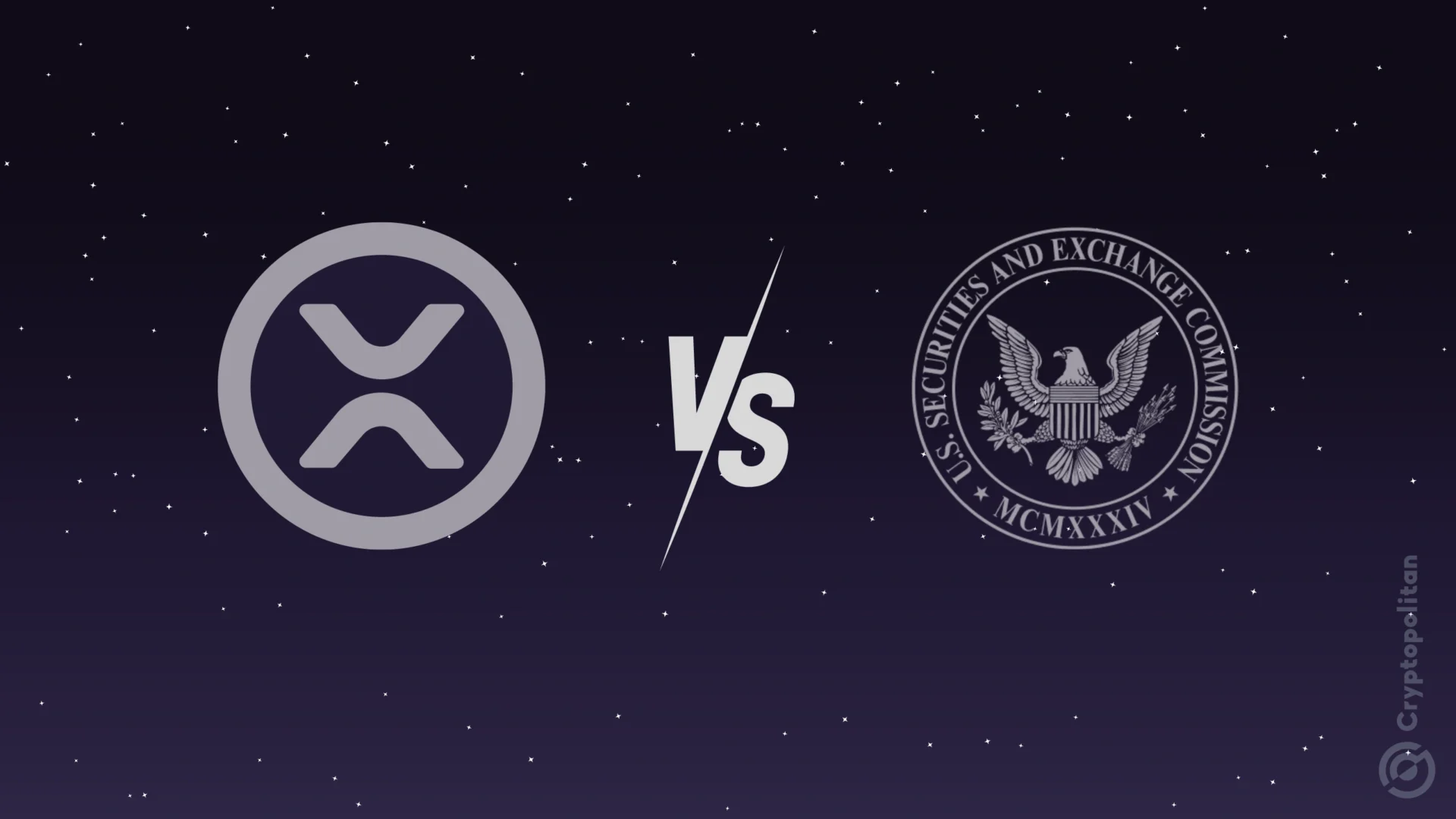The four-year-long battle between Ripple Labs and the U.S. SEC has entered a new lawfare stage. In a recent post on X, Brad Garlinghouse voiced his frustration with the SEC, criticizing the agency for ignoring the court’s decision on XRP.
Stuart Alderoty, Ripple’s Chief Legal Officer, has raised constitutional concerns about the SEC’s continued classification of XRP as a security despite a court order to the contrary. In a Friday post on X, Alderoty asserted that the SEC’s actions might undermine the legitimacy of regulatory enforcement.
To that end, Ripple CEO Garlinghouse has joined the criticism, labeling the SEC a “renegade agency” in a recent post. He states:
“A new low for a renegade agency many thought couldn’t sink further. The SEC now believes it can operate above the law, ignoring a Court’s ruling that XRP isn’t a security. Team Ripple will be watching closely and weighing our own options to hold the SEC accountable.”
Brad Garlinghouse
This recent commentary came in the wake of a new lawsuit concerning the crypto exchange Bitnomial, in which the SEC reaffirmed its stance that XRP counts as a security. In July 2023, District Judge Analisa Torres ruled that XRP does not qualify as a security.
Bitnomial lawsuit challenges the SEC over XRP futures
In July 2023, U.S. District Judge Analisa Torres ruled that the XRP token is not a security. The ruling was seen as a partial win for Ripple Labs and the broader crypto industry. Yet, despite this ruling, the SEC remains adamant in insisting that XRP is a security.
Ripple Labs is not the only entity suffering from the SEC’s regulatory crackdown on XRP.
Bitnomial, a crypto derivatives exchange, recently filed a lawsuit against the regulatory arm in an Illinois district court. The intent is to challenge the agency’s claims that Bitnomial’s proposed XRP Futures contract is subject to SEC jurisdiction.
Bitnomial sought approval from the U.S. Commodity Futures Trading Commission (CFTC) to launch the product. However, the SEC warned the exchange that the contract would be in violation of federal securities law unless it complied with SEC regulations.
In response, Bitnomial argues that the SEC had selectively referenced court briefs to back up its claim that XRP qualifies as a security while neglecting significant portions of Judge Torres’ ruling, indicating that XRP is not inherently a security.
Alderoty, Ripple’s lead counsel, has compared the situation to a hypothetical law school exam scenario in which a regulatory agency loses in court yet continues to threaten enforcement to ensure compliance. “This raises major constitutional concerns and further compromises the legitimacy of the agency,” he said.
Alderoty highlights that the SEC’s aggressive measures are unconstitutional, further damaging the agency’s credibility. Meanwhile, pro-XRP lawyer Bill Morgan and legal expert John Deaton both accused the SEC of overreaching and questioned the agency’s motives.
Deaton cited a recent example involving Digital Licensing in which the SEC was sanctioned for misconduct, adding to suspicion about the regulator’s approach.
Recently, the Fintech company moved to cross-appeal a federal judge’s decision. In a one-sentence filing, the entity informed the U.S. District Court for the Southern District of New York that the firm would appeal a ruling delivered by U.S. District Judge Analisa Torres in August. The case will move to the U.S. Court of Appeals for the Second Circuit.





